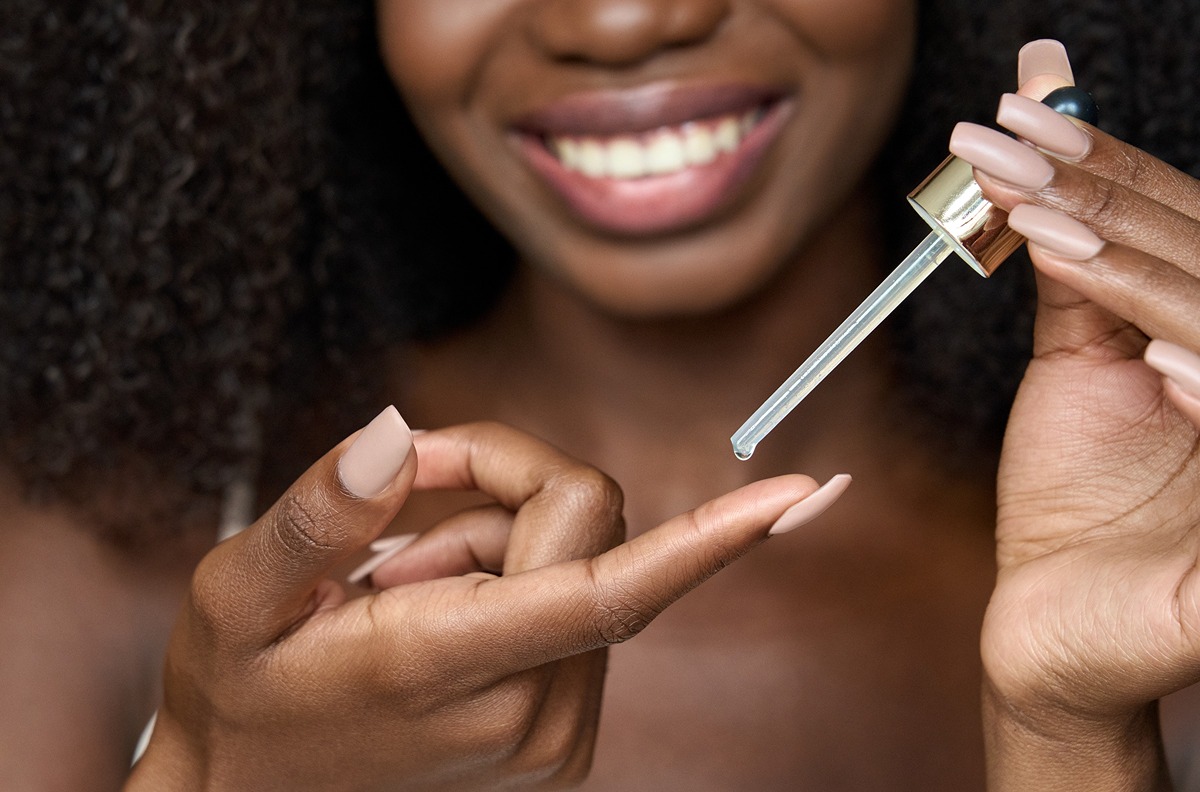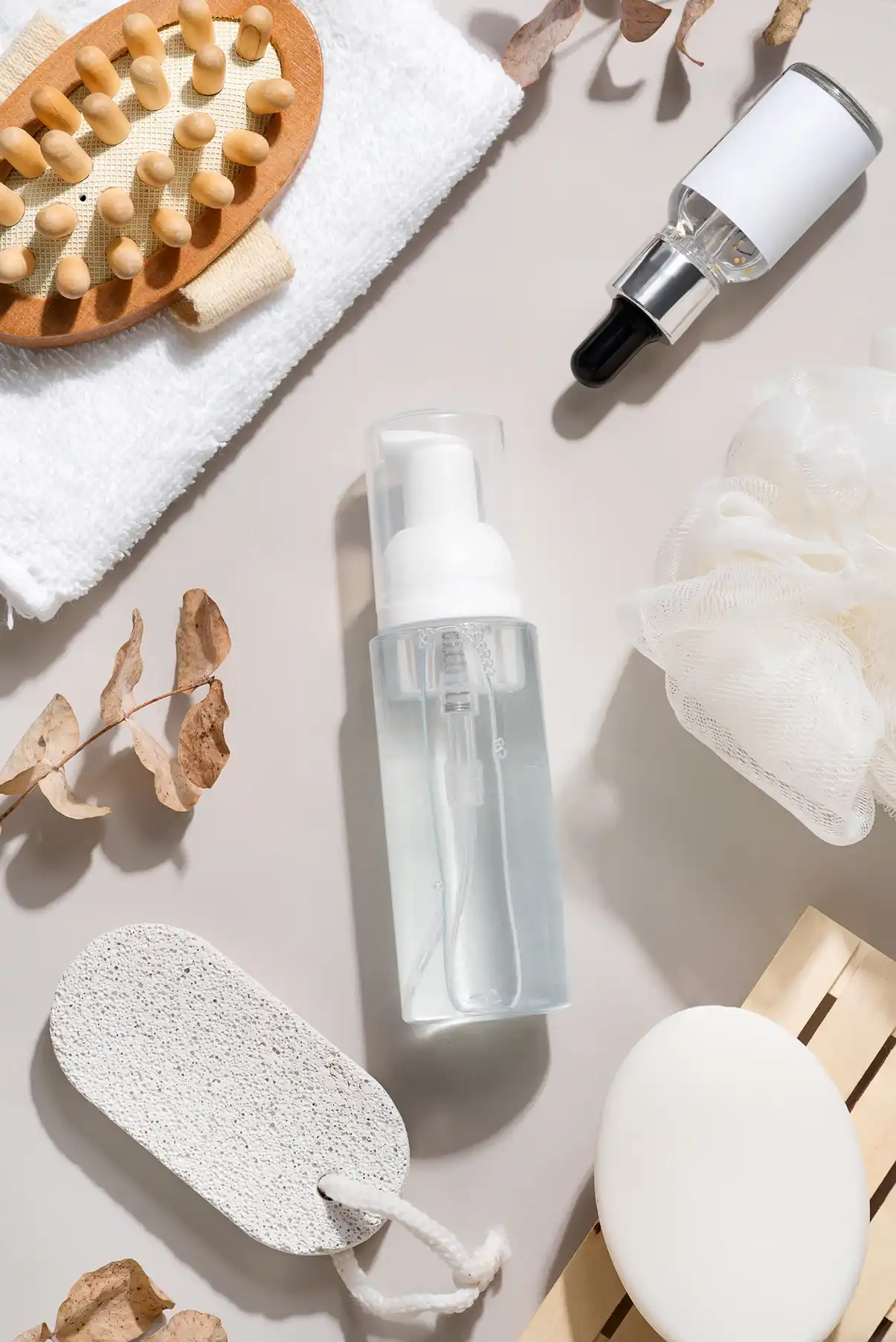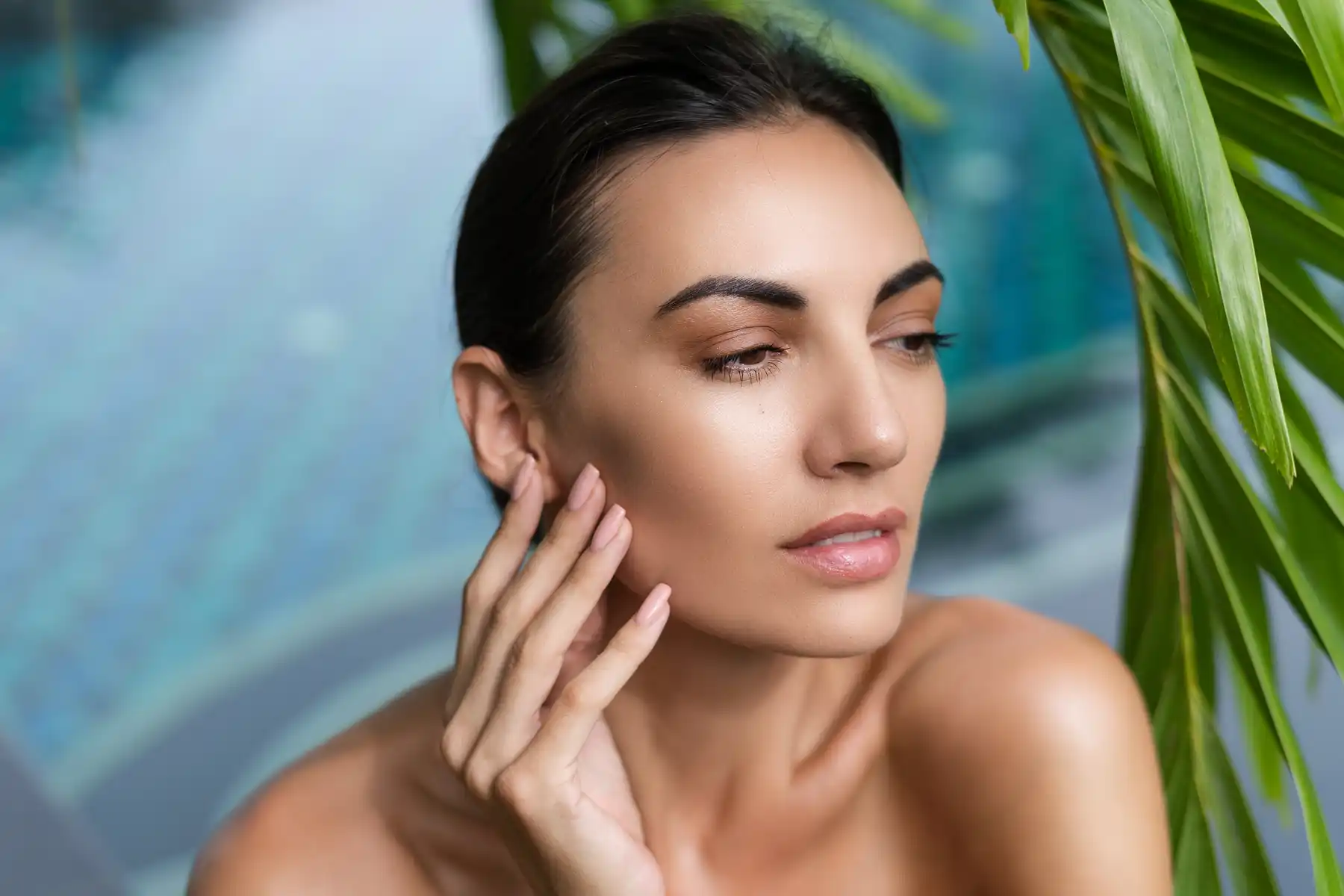
When it comes to skincare, the beauty industry is constantly evolving and introducing new ingredients that promise to revolutionize our skincare routines. One such ingredient that has gained popularity in recent years is peptides.
Peptides have taken the beauty world by storm due to their potential anti-aging properties and ability to enhance the skin's overall health and appearance. They have gained popularity due to their ability to stimulate collagen production, which is key in maintaining youthful and plump skin.
In addition to their anti-aging benefits, peptides also offer the potential to enhance overall skin health and appearance. In this comprehensive article, we aim to provide you with an extensive introduction to peptides, delve into their role in skincare, and guide you on how to incorporate them into your daily skincare regimen.

Peptides are an essential component in the world of biochemistry and are often referred to as the building blocks of proteins. Simply put, peptides can be described as molecules that consist of two or more amino acids connected by peptide bonds.
Peptides play a vital role in our body as signaling molecules. They interact with specific receptors on cells, regulating important biological processes like hormone release, cell growth, and immune responses.
In skincare, peptides are used to target specific skin concerns and help improve the overall complexion. Each of the different types of peptides used in skincare have a unique set of benefits, with some of the most-used being:
Signal peptides: These peptides send signals to skin cells, encouraging them to produce more collagen and elastin, the proteins responsible for maintaining the skin's elasticity and firmness.
Carrier peptides: Carrier peptides work in tandem with other skincare ingredients, helping them penetrate deeper into the skin. They ensure that active ingredients reach their intended target and provide maximum benefits.
Enzyme inhibitors: Some peptides act as enzyme inhibitors, preventing the breakdown of collagen and elastin in the skin. These peptides help maintain the skin's structural integrity and prevent premature aging.
In the next section, we'll explore the role of peptides in skincare and some of the benefits they offer.

Peptides have gained immense popularity in the skincare industry due to the plethora of benefits they offer for the skin. The popularity of peptides in skincare products is also attributed to their versatility. They can be formulated into various types of skincare products, making it easy for you to incorporate peptides into your daily skincare routine.
Some of the key roles of peptides in skincare products include:
Collagen production: Peptides can stimulate the production of collagen, which is essential for maintaining the skin's elasticity and firmness. Peptides also help reduce the appearance of wrinkles and improve overall skin texture.
Anti-aging effects: Peptides are also used to minimize the appearance of fine lines and wrinkles. By relaxing facial muscles, these peptides can contribute to a more youthful complexion.
Skin repair and rejuvenation: Peptides can also speed up wound healing and skin repair by increasing cell turnover and stimulating the production of new skin cells.
Moisture retention: Peptides have shown the ability to improve the skin's moisture barrier function, helping it retain moisture and stay hydrated.
Now that you know the various benefits that come with using peptides in your skincare routine, let's take a look at how you can use peptides to take your skincare routine to the next level.

To reap the benefits of peptides, it is essential to incorporate them into your skincare routine properly. When doing your research on peptide-based products, keep an eye out for skincare products that contain peptides and are designed to address your specific skin concerns.
While peptides can certainly enhance your skincare routine, it's important to note that they are not a miracle solution. They work best when combined with a comprehensive skincare regimen that includes other beneficial ingredients, such as antioxidants, moisturizers, and sunscreen. Consistency is key when using peptide-based products, as it may take several weeks or even months to notice visible improvements.
It's important to note that while peptides have shown promising results, it's essential to choose products that contain the right type of peptides for maximum efficacy. Consulting with a skincare professional or dermatologist can help you determine which peptides are most suitable for your specific concerns and skincare goals.
In the next section, let's recap on what we know about peptides so far and summarise all you need to know about these tiny molecules.

In summary, peptides have become a phenomenon mainly due to their potential anti-aging effects and ability to improve skin health and appearance. Beyond their anti-aging capabilities, peptides offer additional benefits for overall skincare, including collagen production, skin repair, and moisture retention.
When introducing peptides into your skincare routine, it is important to look for the right product for your specific skin concern. Moreover, it is important to seek guidance from a skincare professional or dermatologist to identify the most appropriate peptides for your unique skincare concerns and goals.
Adding peptides to your skincare arsenal is a simple and effective way to enhance your skincare routine. With consistent use, you can unlock the potential for healthier, more youthful-looking skin. So, why not give peptides a try and enjoy the benefits they can bring to your skincare routine?
Disclaimer: The information provided in this article is for general informational purposes only. It is not intended to be a substitute for professional advice, diagnosis, or treatment. Always consult with qualified professionals regarding any questions or concerns you may have about using peptides on your skin. The content of this article, including text and images, should not be relied upon without seeking professional guidance.

